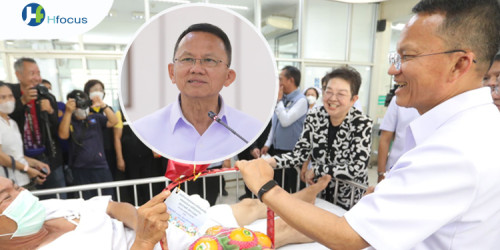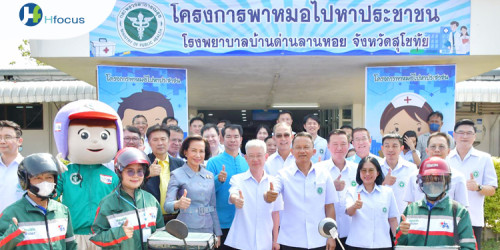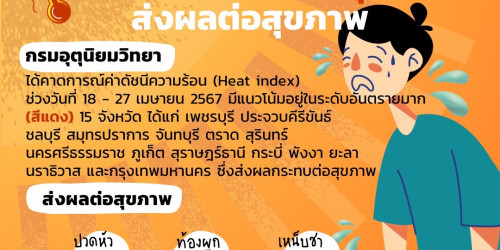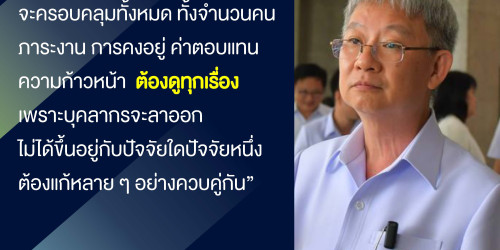University medical schools have warned that Thailand faces a shortage of specialist doctors if the government does not step in to help plug holes in the budgets for residency programmes.
The schools say a rising number of people accessing universal healthcare schemes has strained university hospital budgets, which fund the residency training programmes, and they need government assistance to keep them going.
The residencies are essential to producing medical specialists, Thanya Subhadrabandhu, deputy dean of the Faculty of Medicine Ramathibodi Hospital under Mahidol University, said. He said the residency programmes produce around 2,080 specialists nationwide each year.
The residencies range from three to five years. But the programmes are not cheap to operate, he said. Training equipment,hospitalwages and other educational costs must be factored in.
Around three to five billion baht is paid nationwide each year to fund residency programmes, Dr Thanya said.
The programmes are run by medical schools, funded largely by university hospitals' incomes, he said. No government contributions are made.
But the residency programmes have become a financial burden on many university hospitals, which have seen their incomes declining, Dr Thanya said.
The problem has emerged due to the three universal healthcare schemes the Civil Servant's Welfare Fund, the Social Security Fund, and the Universal Healthcare Scheme D r Thanya said.
An influx of patients under the schemes has resulted in university hospitals receiving more complex cases, he said. These require upgraded medical equipment and paying for more specialists to work in the hospitals.
In many medical schools, much of the training budget has been diverted to general hospital operations, he said.
"We're afraid that there will not be enough specialists to achieve the government's goal of turning Thailand into a regional medical hub," Dr Thanya said.
He and a group of medical school representatives met Education Minister Phongthep Thepkanchana and Public Health Minister Pradit Sintawanarong on Friday to discuss the issue.
Both ministers agreed to work on solutions to the problem.
Dr Pradit said he would examine the government's public health budget to try to cut over-spending on universal healthcare schemes.
The healthcare scheme for civil servants in particular has been criticised for paying out too much on unnecessary pharmaceuticals, with the scheme costing the government 60 billion baht last year.
If wasteful spending is cut from the public health budget, it would free up more cash to fund the residency programmes, the health minister said.
Source: Bangkok Post January 6, 2013








